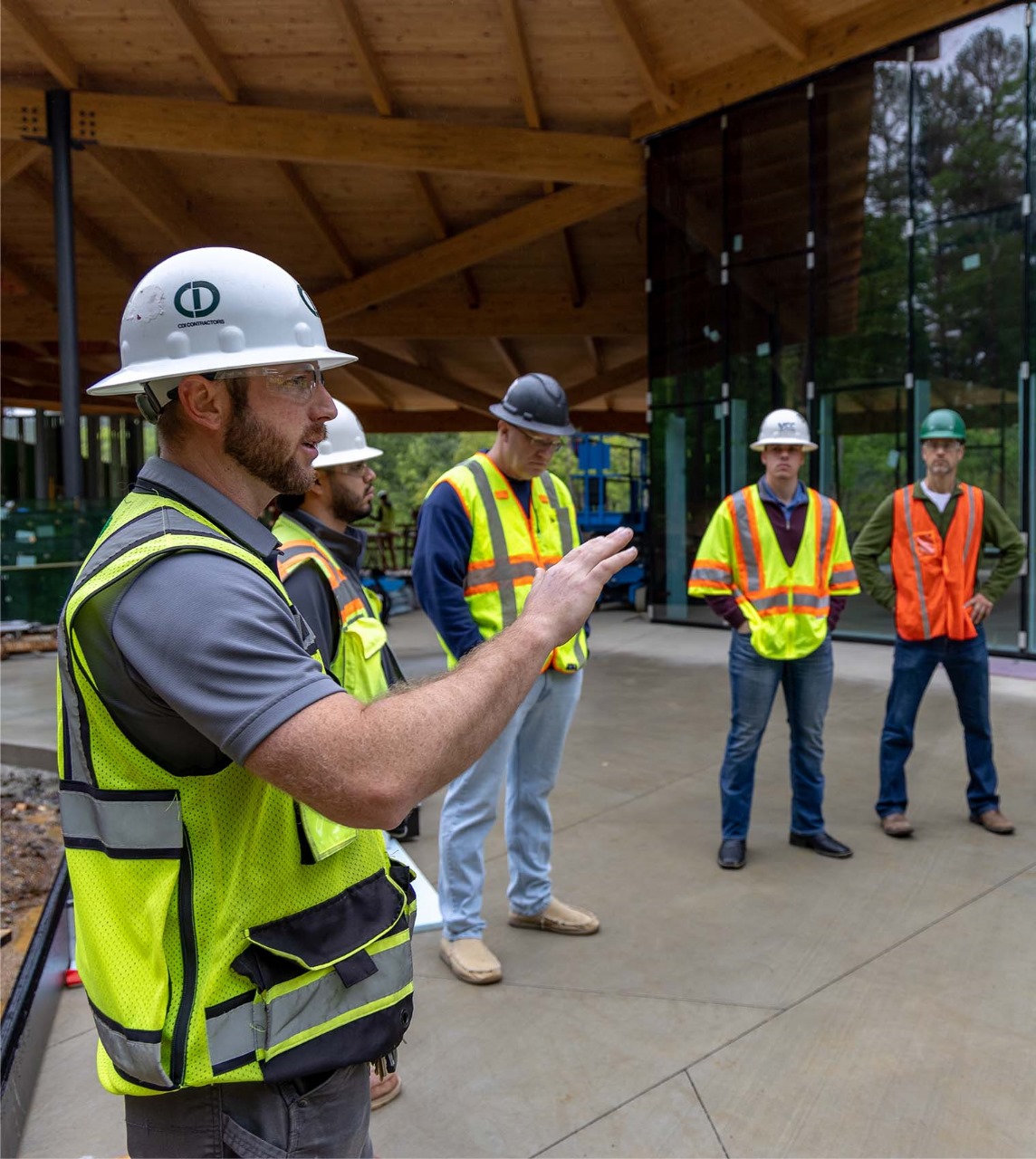The construction industry is more than hard hats and heavy machinery; it’s a dynamic field brimming with opportunities for professionals eager to build rewarding and stable careers. Whether you’re just starting out or seeking to advance, understanding the essential skills and certifications can transform your trajectory in careers in construction. This article delves into the key competencies and credentials that industry leaders value, providing you with a roadmap to thrive in one of the most vital sectors shaping our communities.
Why Careers in Construction Are More Important Than Ever
Construction is foundational to economic growth, urban development, and infrastructure improvement. As the sector evolves with technology and safety standards, the demand for skilled workers with proper certifications has never been higher. From skilled trades like electricians and plumbers to project managers and safety experts, careers in construction offer diverse paths that combine hands-on work with technical knowledge.
With an aging workforce and expanding projects nationwide, now is an ideal time to enter or grow within the construction industry. The right mix of skills and certifications not only enhances employability but also increases earning potential and job security.
Key Skills That Propel Careers in Construction
Technical Expertise and Hands-On Abilities
Construction professionals must master a range of technical skills, from reading blueprints to operating machinery safely and efficiently. Tradespeople such as carpenters, electricians, and welders rely on precision and expertise, which come from both formal training and real-world experience.
Additionally, a solid understanding of construction materials, methods, and tools is crucial. As technology integrates into the sector—think drones for site inspections or digital modeling software—being tech-savvy is increasingly important.
Safety Awareness and Compliance
Construction sites pose inherent risks, making safety knowledge a critical skill. Professionals who understand OSHA standards and site-specific safety protocols help prevent accidents and protect lives. This skillset is indispensable for supervisors and workers alike.
Problem-Solving and Adaptability
No two construction projects are the same, and unexpected challenges frequently arise. Whether it’s adjusting plans due to weather delays or resolving supply chain issues, construction workers who think on their feet and adapt quickly bring immense value.
Communication and Teamwork
Careers in construction often require collaboration between diverse teams, including architects, engineers, subcontractors, and clients. Clear communication ensures that projects run smoothly and deadlines are met, reducing costly errors.
Leadership skills also matter for those aspiring to move into management roles, as motivating teams and coordinating efforts is vital for success.
Certifications That Make a Real Difference in Careers in Construction
OSHA Certification: The Safety Foundation
The Occupational Safety and Health Administration (OSHA) certification is a fundamental credential in construction. It verifies that a worker understands essential safety practices to minimize risks on site. Common certifications include OSHA 10-hour and 30-hour courses, with the latter geared towards supervisors.
Holding an OSHA certification demonstrates commitment to safety, which is a major asset when applying for construction jobs or bidding on projects.
NCCER Certification: Industry-Recognized Craft Training
The National Center for Construction Education and Research (NCCER) offers standardized training and certifications for various trades. NCCER credentials validate your skills in fields like carpentry, electrical, plumbing, and more, providing employers with assurance of your expertise.
NCCER certification programs combine classroom instruction with hands-on training, making them highly respected across the industry.
LEED Accreditation: Green Building Knowledge
As sustainability becomes a priority, Leadership in Energy and Environmental Design (LEED) certification is gaining traction. This credential highlights a professional’s knowledge of eco-friendly building practices and energy-efficient design.
LEED accreditation can set you apart in construction management roles focused on green projects or companies pursuing sustainable construction.
Project Management Professional (PMP) Certification
For those aiming at supervisory or managerial careers in construction, PMP certification offers advanced knowledge in project planning, scheduling, budgeting, and leadership. It equips professionals with tools to manage complex projects efficiently, aligning with client expectations and safety standards.
Specialized Technical Certifications
Beyond general credentials, certain technical certifications cater to niche skills. For example, welding certifications, heavy equipment operator licenses, and electrical journeyman licenses offer specialized expertise highly sought after in the field.
How to Choose the Right Skills and Certifications for Your Construction Career
Assess Your Career Goals
Before pursuing certifications, identify your career aspirations. Are you focused on hands-on trades, supervisory roles, or project management? Tailoring your education and certifications to your goals ensures you invest time and resources wisely.
Research Industry Demand
Monitor trends and job postings in construction to see which skills and certifications employers prioritize. Engaging with professional associations like Associated Builders and Contractors can provide insights and training opportunities aligned with current market needs.
Pursue Continuous Learning
The construction industry evolves rapidly, so lifelong learning is essential. Staying updated on new technologies, safety regulations, and management techniques keeps your skills relevant and competitive.
The Role of Associated Builders and Contractors in Supporting Construction Careers
Associated Builders and Contractors (ABC) is a national trade association dedicated to helping construction professionals grow. Through comprehensive training programs, certifications, and safety initiatives, ABC equips members with the tools they need to excel.
ABC’s merit shop philosophy promotes merit-based advancement and fosters an environment where skill and dedication drive success. Leveraging ABC’s resources can accelerate your career progression, whether you’re an apprentice or an experienced manager.
Conclusion: Building Your Future in Construction Starts with the Right Skills and Certifications
Careers in construction offer a fulfilling and dynamic professional path, rich with opportunities for growth and impact. By developing essential skills such as technical expertise, safety awareness, and communication, and by earning respected certifications like OSHA, NCCER, and PMP, you position yourself for long-term success.
Investing in your professional development with guidance from organizations like Associated Builders and Contractors enhances your credibility and opens doors to better job prospects and higher earnings.
Take the next step today—explore the skills and certifications that align with your ambitions and build a resilient, rewarding career in construction.



